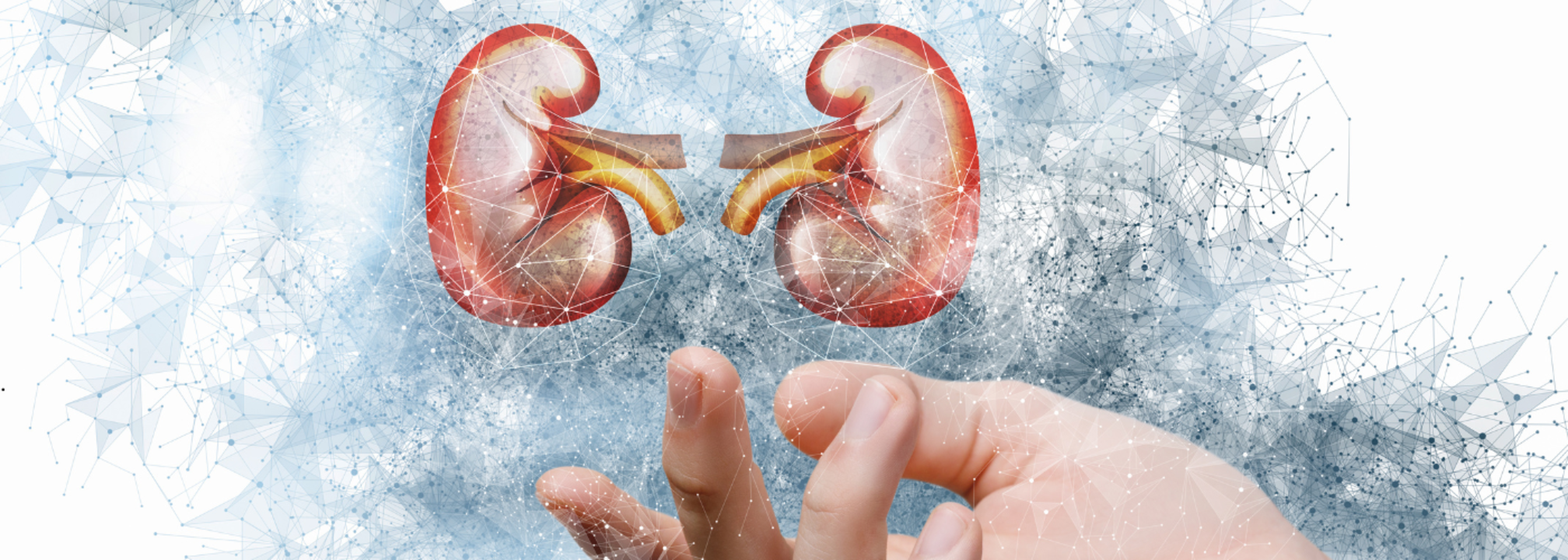Why Do Cases Of Pediatric Kidney Issues Go Unnoticed?

Credits: Canva
Summary Pediatric kidney disease are rarely talked about, yet they can have lifelong consequences. Unlike adults, who have clear signs, children often exhibit symptoms so subtle that even the most attentive parents and doctors could miss it.
End of Article
